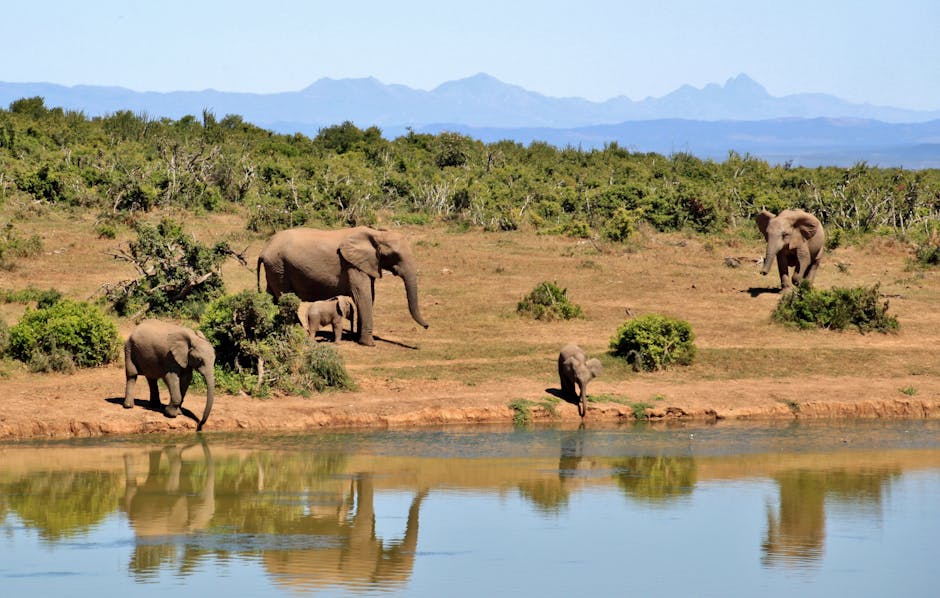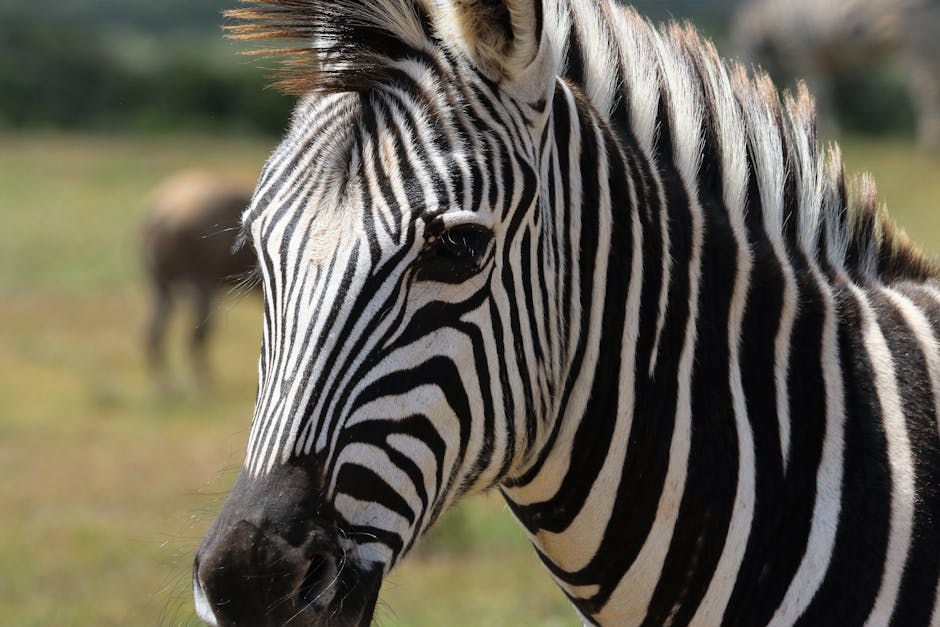Exploring the Benefits of Creating Nature Reserves
When we think of nature reserves, we often picture vast expanses of untouched land teeming with diverse flora and fauna. These protected areas play a crucial role in conserving biodiversity, protecting ecosystems, and providing valuable resources for future generations. However, the benefits of creating nature reserves extend far beyond preserving natural beauty. In this comprehensive guide, we will delve into the various advantages of establishing and maintaining these vital habitats.
The Importance of Nature Reserves

Nature reserves, also known as wildlife sanctuaries or conservation areas, are designated spaces set aside for the protection and preservation of natural habitats. These areas encompass a wide range of ecosystems, from lush forests and wetlands to deserts and coral reefs. By safeguarding these environments, nature reserves help maintain ecological balance, promote biodiversity, and support various plant and animal species.
Preserving Biodiversity

One of the primary benefits of creating nature reserves is the preservation of biodiversity. These protected areas serve as havens for a wide array of plant and animal species, many of which are threatened or endangered. By providing a safe habitat free from human interference, nature reserves help prevent the extinction of vulnerable organisms and maintain healthy ecosystems.
For example, the Amazon Rainforest, the world’s largest tropical rainforest, is home to an incredible diversity of plant and animal species. By establishing protected areas within the Amazon, such as the Manu Biosphere Reserve in Peru, conservationists can safeguard the rich biodiversity of this critical ecosystem.
Protecting Ecosystems

Nature reserves play a crucial role in protecting ecosystems and maintaining their functionality. These habitats provide essential services, such as water purification, soil stabilization, and carbon sequestration. By conserving natural areas, we ensure the continued provision of these vital ecosystem services that benefit both humans and wildlife.
For instance, wetlands act as natural filters, trapping pollutants and purifying water before it enters rivers and streams. By designating wetland reserves, such as the Everglades in Florida, we can preserve these important ecosystems and safeguard water quality for local communities.
Supporting Research and Education

Nature reserves serve as living laboratories for scientific research and environmental education. These protected areas provide valuable opportunities for researchers to study ecosystems, conduct experiments, and monitor changes over time. By studying nature reserves, scientists can gain insights into the functioning of natural systems and develop conservation strategies to protect biodiversity.
Furthermore, nature reserves play a crucial role in educating the public about the importance of conservation and environmental stewardship. Visitors to these protected areas can learn about local ecosystems, wildlife species, and sustainable practices that promote biodiversity. By raising awareness and fostering a connection to nature, nature reserves can inspire future generations to protect the environment.
Promoting Ecotourism and Sustainable Development
Nature reserves can also have economic benefits for local communities through ecotourism and sustainable development. These protected areas attract visitors interested in experiencing nature, wildlife, and unique landscapes. By promoting responsible tourism practices, nature reserves can generate revenue for conservation efforts and support livelihoods in surrounding areas.
For example, the Galapagos Islands in Ecuador are renowned for their unique biodiversity and pristine ecosystems. By establishing marine reserves and limiting visitor numbers, the Galapagos National Park has successfully protected fragile habitats while promoting sustainable tourism that benefits the local economy.
Addressing Climate Change
Nature reserves play a critical role in addressing climate change by sequestering carbon and mitigating its impacts. Forests, wetlands, and other natural habitats act as carbon sinks, absorbing and storing carbon dioxide from the atmosphere. By conserving these ecosystems, nature reserves help reduce greenhouse gas emissions and combat global warming.
For instance, the Biaowiea Forest in Poland, one of the last remaining primeval forests in Europe, stores significant amounts of carbon and provides habitat for diverse wildlife. By protecting this ancient forest as a nature reserve, we can preserve its carbon sequestration capacity and contribute to climate change mitigation efforts.
Enhancing Human Health and Well-being
Nature reserves offer numerous benefits for human health and well-being, including opportunities for recreation, relaxation, and connecting with nature. Spending time in natural environments has been shown to reduce stress, improve mental health, and promote physical activity. By providing access to green spaces and wilderness areas, nature reserves support overall health and quality of life.
For example, national parks like Yellowstone in the United States attract millions of visitors each year who come to enjoy outdoor activities such as hiking, camping, and wildlife viewing. These recreational opportunities not only benefit visitors but also contribute to local economies and support conservation efforts.
Conclusion: Preserving Nature for Future Generations
In conclusion, the benefits of creating nature reserves are vast and far-reaching, encompassing biodiversity conservation, ecosystem protection, research and education, sustainable development, climate change mitigation, and human health. By establishing and maintaining these vital habitats, we can safeguard our planet’s natural heritage, promote sustainable practices, and ensure a healthier, more resilient future for all living beings.
As we face increasing environmental challenges and threats to biodiversity, the importance of nature reserves cannot be overstated. They represent a beacon of hope and a testament to our commitment to preserving nature for future generations. By supporting conservation efforts, advocating for protected areas, and engaging with local communities, we can all contribute to the ongoing success of nature reserves around the world.
Additional Sections
Common Misconceptions
One common misconception about nature reserves is that they restrict human activities and development. While it’s true that these protected areas have specific regulations to preserve ecosystems, many nature reserves also allow for sustainable use and limited recreational activities. By balancing conservation goals with human needs, nature reserves can benefit both wildlife and local communities.
FAQs
Q: Are nature reserves only found in remote or wilderness areas? A: While many nature reserves are located in pristine natural environments, there are also urban nature reserves and protected areas near populated areas. These reserves offer valuable green spaces and wildlife habitats in urban settings, promoting biodiversity and providing recreational opportunities for city dwellers.
Q: How can I support nature reserves in my area? A: There are many ways to support nature reserves, including volunteering, donating, and advocating for conservation policies. You can also visit nature reserves as a responsible tourist, follow park rules and guidelines, and help raise awareness about the importance of protecting these critical habitats.




